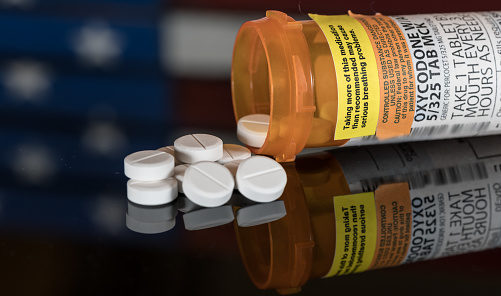A study examined factors that may be associated with poorer intensive care unit (ICU) outcomes among patients with rheumatoid arthritis (RA).
“Immunosuppressive treatment for RA using glucocorticoids, conventional synthetic disease-modifying antirheumatic drugs (csDMARDs), biologic disease-modifying antirheumatic drugs (bDMARDs), and targeted synthetic disease-modifying antirheumatic drugs (tsDMARDs; e.g., JAK inhibitors) significantly improves disease activity and joint destruction; however, numerous comorbidities and complications, including infection, malignancy, and organ failure (cardiovascular disease [CVD], respiratory distress, and renal failure) remain associated with the increased mortality of RA patients compared with the general population,” the researchers noted.
The retrospective study, published in BMC Rheumatology, consisted of 67 patients (47 were female) with RA admitted to the ICU for at least 48 hours between January 2008 and December 2017, who were assessed for 30-day mortality. Six patients were admitted to the ICU more than once during the study period, in which case only the first ICU admission was analyzed.
The median age at the time of admission was 70 years, and RA duration was 10 years. The five-year survival rate after ICU admission was 47%. The 30-day mortality rate was 22%, 90-day rate was 27%, and one-year rate was 37%. Most patients were admitted to the ICU due to infection (40%) and cardiovascular complications (24%). When in the ICU, the most common treatments were vasopressor (78%), mechanical ventilation (69%), and renal replacement (25%).
Two-thirds of the 30-day mortality patients died as a result of infection; factors associated with mortality were a significantly higher glucocorticoid dose, updated Charlson’s comorbidity index (CCI), and acute physiology and chronic health evaluation (APACHE) II score.
According to laboratory data collected at admission, factors predictive of a significantly poorer prognosis were lower platelet number and total protein and higher creatinine and prothrombin time international normalized ratio (PT-INR). Upon multivariate analysis, factors that increased mortality risk following ICU admission were nonuse of csDMARDs, high updated CCI, increased APACHE II score, and prolonged PT-INR.
Credit: Original article published here.









